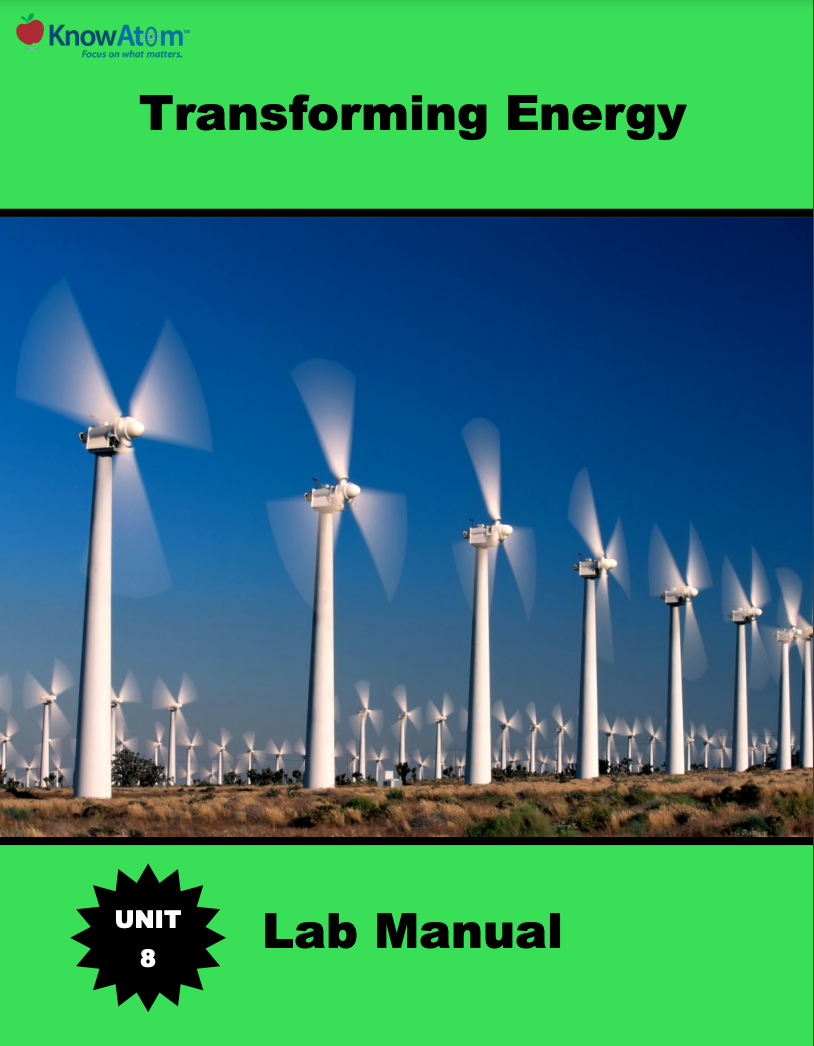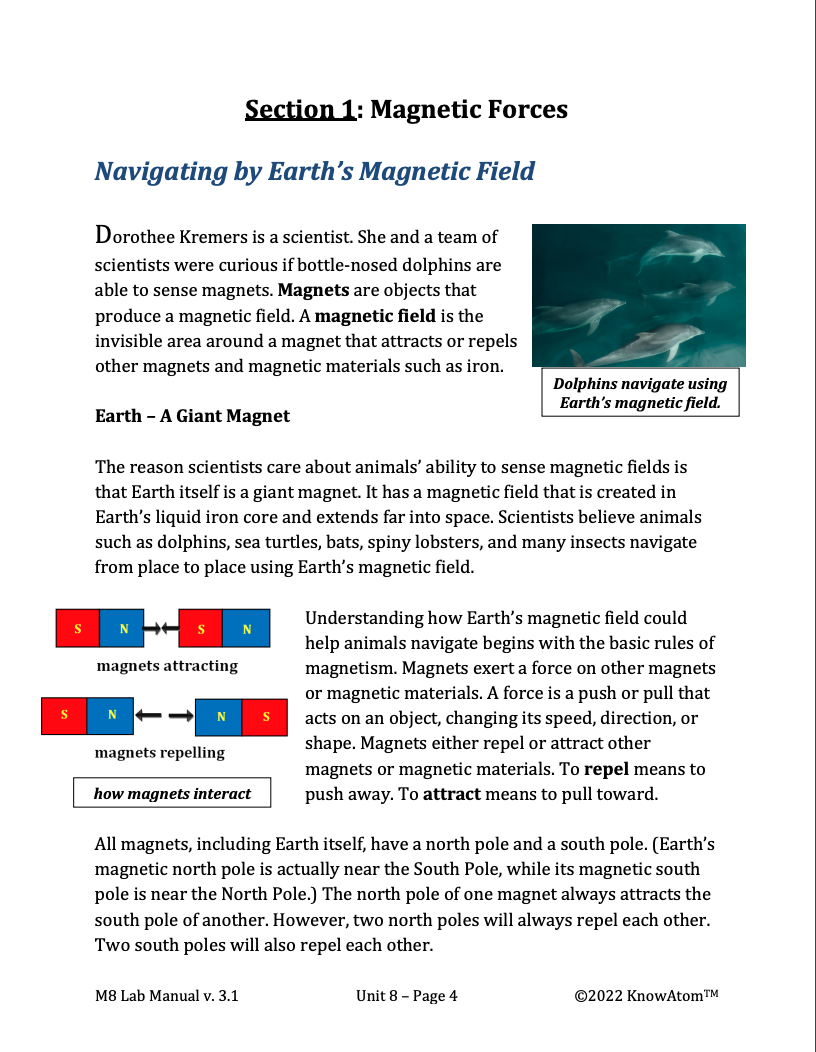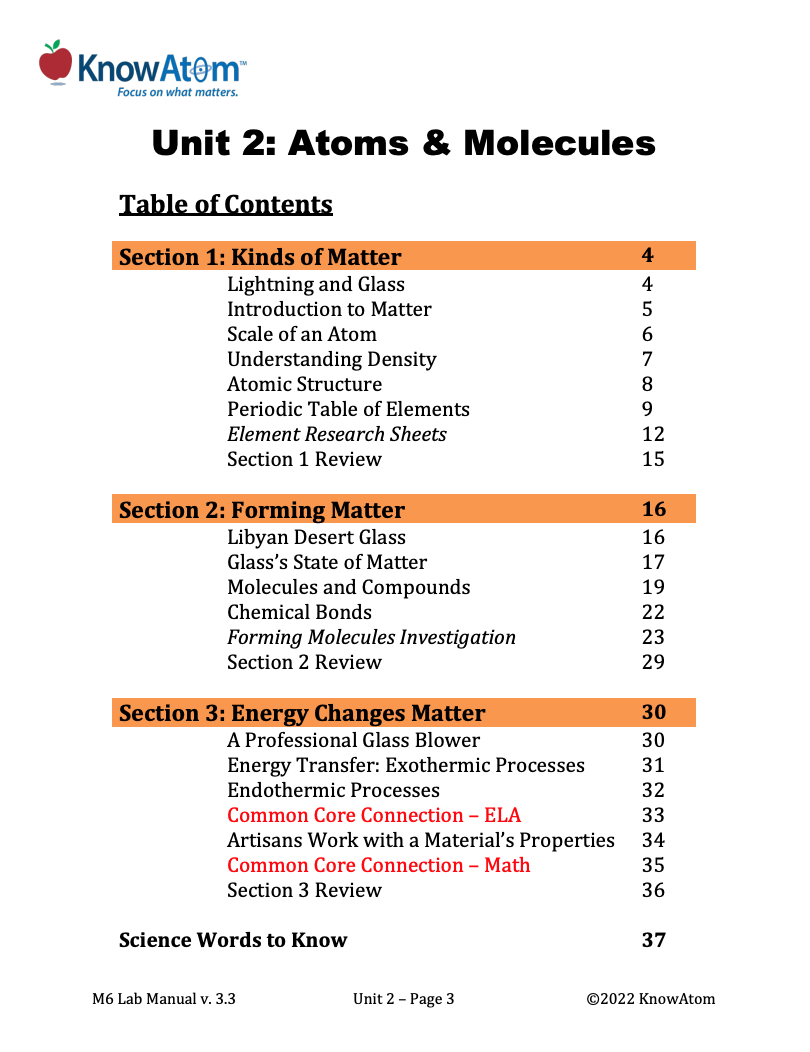.png)
In this unit, students are introduced to science and engineering by exploring several phenomena that relate to cooking. Students begin with an investigation into the structure of matter and how energy determines state of matter. This page is a high level look at key components of this lesson.
.png)
In this unit, students explore phenomena of natural processes that cause Earth’s surface to change over time, analyzing how energy causes Earth’s matter to transform and cycle from one form to another. In this lesson, students investigate how Earth materials are continually being reshaped and reformed by multiple processes that are powered by energy from Earth’s hot interior and the sun. This page is a high-level extract of this lesson.

In this unit, students connect their explorations of Earth and life sciences with physical sciences with an exploration into the science phenomena of magnetism and electricity. They investigate magnetic fields and electromagnets in this lesson. This page showcases key parts of this lesson.
.png)
In this unit, students explore the interconnectedness of the living and nonliving parts of an ecosystem phenomena. In this lesson, they design an experiment to test how heat is transferred in different materials found on the rocky shore. This page provides a brief overview of this lesson.

In this unit, students are introduced to the phenomena of magnetic and electric fields as they explore how objects can interact with other objects without coming into contact with them. For this lesson, students apply scientific concepts to engineer wind turbines that use a generator to produce electricity. This page provides an overview of this lesson.

In this unit, students explore the science phenomena of interactions between energy and matter, analyzing how matter can only change when enough energy is present. In this lesson, they investigate the structure of molecules, relating this structure to the matter’s properties. This page is a high-level extract of this lesson.
Standards citation: NGSS Lead States. 2013. Next Generation Science Standards: For States, By States. Washington, DC: The National Academies Press. Neither WestEd nor the lead states and partners that developed the Next Generation Science Standards were involved in the production of this product, and do not endorse it.
